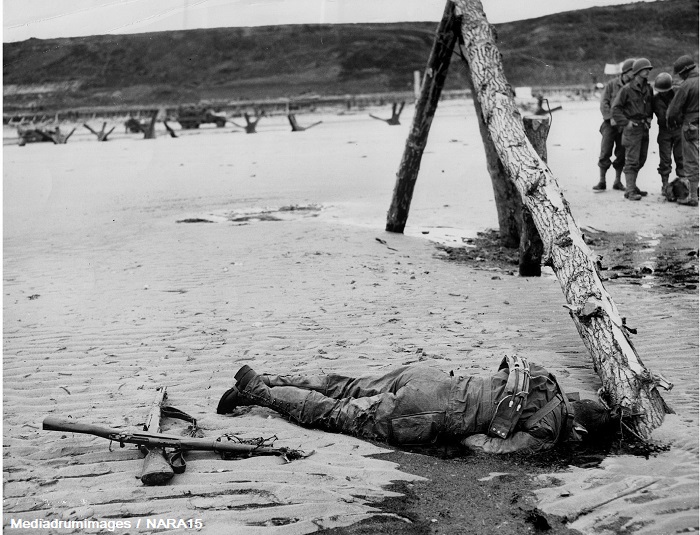
June 6, 1944 — We will remember them.


June 6, 1944 — We will remember them.
Charles Lindbergh was the first to cross the Atlantic Ocean by air non-stop, in 1927.
Wrong: the first nonstop crossing of the Atlantic by air was by John Alcock and Arthur Brown, some eight years earlier.
Yet while we all remember Lindbergh, Alcock and Brown aren’t acknowledged often, not even by their own country on the centenary of their achievement:
Two WWI heroes made the first transatlantic flight fuelled only by sandwiches, a flask of coffee and raw courage to win £10,000 Daily Mail prize. So why 100 years on is Britain doing nothing to remember these magnificent men?
Oh, please. I can think of several reasons.
I could go on, but I think you get the point. I’m just surprised that their existing monuments haven’t been destroyed by now.
When I grow up, I want to be like the recently-deceased historian John Lukacs, who has often been labeled an “iconoclast” (i.e. someone who destroys icons and sacred cows). I think John Willson’s description fits him perfectly:
“John Lukacs is well known not so much for speaking truth to power as speaking truth to audiences he senses have settled into safe and unexamined opinions.”
No better example was when Rudi Giuliani compared the spirit and endurance of 9/11 New Yorkers to 1940s-era Londoners, which the irritated historian called nonsense — he thought (with plenty of justification) that the Blitzed Londoners had had it far worse than New Yorkers.
In addition to all that, Lukacs was an unashamed fan of BritPM Sir Winston Churchill, which is yet another reason to respect him. When pomo historians attempted to downplay Churchill’s wartime achievements, Lukacs shot them down like RAF Spitfires did Nazi Heinkels.
We need more historians like John Lukacs: many, many more. For those who want to read his stuff, I can absolutely recommend two works in particular: Five Days In London and The Legacy of World War II. I’ve read his Budapest: 1900 three times.
Lukacs was 95 when he died, so I have thirty years’ work to do, and I’m going to set myself a goal of reading a “new” Lukacs book (i.e. ones I haven’t already read) every six months.
When the history of the world is explored at some time far into the future, historians will scratch their heads at the collapse of an entire culture and civilization, and wonder how a society so successful, so prosperous and so advanced could have fallen into disrepair and decay, this little footnote may shed some light on the topic.
Now as we all know, today’s grannies are generally not the same as grannies of yore. Here’s yore:
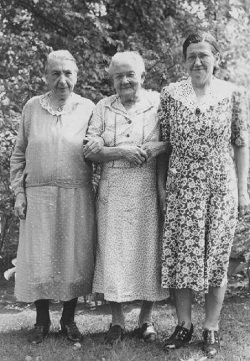
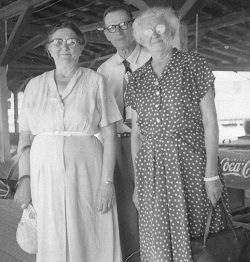
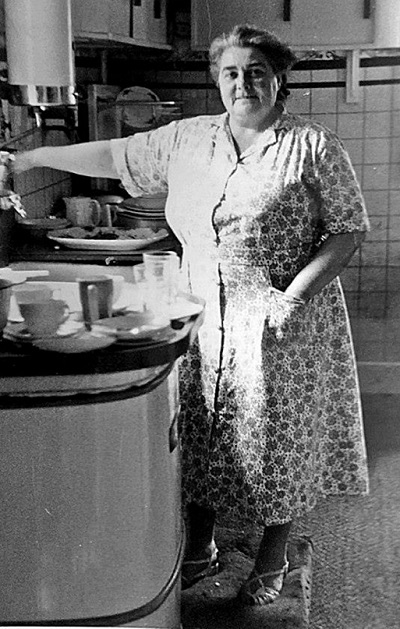
…and here’s today:



Sadly, however, this modern-day ageless sexiness seems to have washed away the modesty and reserve for which grannies were once renowned, and one arrives at this sad conclusion (warning: link contains extreme nausea risk):
A grandmother and self-proclaimed ‘prolific cougar’ who has dated hundreds of toy boys believes bedding men under 30 is the key to keeping young.
Gaynor Evans, 57, from Enfield, North London, has dated more than 200 younger men since she had a fling with a 23-year-old after divorcing her second husband in 2010.
The author, agony aunt and businesswoman never dates exclusively and said she has no intention of her love life slowing down – despite being a grandmother of four.
…and there you have it. “Agony aunt” indeed.
Not a bad little pocket history course on South Africa over at Ammo.com.
Telling the Afrikaners to “go home” is a nonsensical statement. They are not Dutch. They do not hold Dutch passports, nor would they at any point have been welcomed back by the Kingdom of the Netherlands. In many regions of South Africa, the Afrikaners have been around longer than the Bantus and have a stronger claim on the land, having purchased it from Khoisans. On the other hand, traditionally Bantu land was conquered from other Bantu tribes or taken by the Bantus from the Khoisans.
Go ahead and read it all — it’s a short piece — and you’ll be well informed on the topic in future.
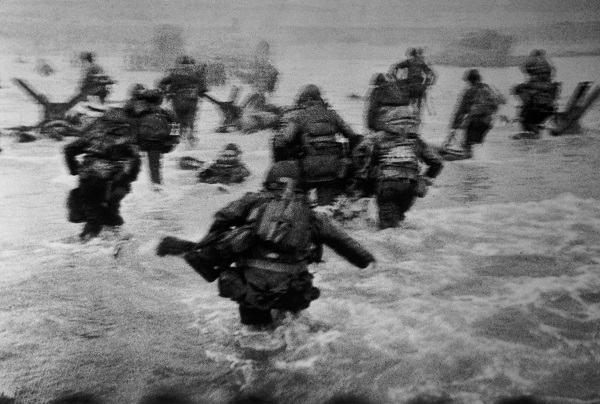
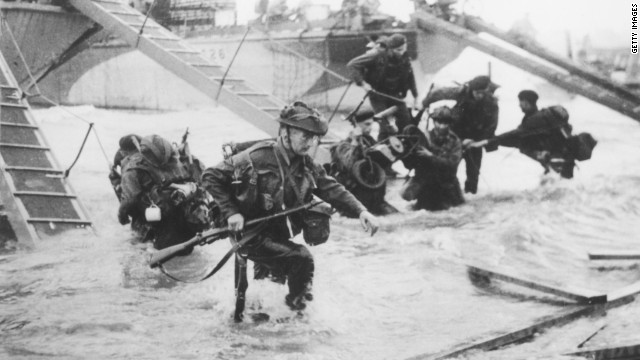
And never forget, but a few hours earlier:
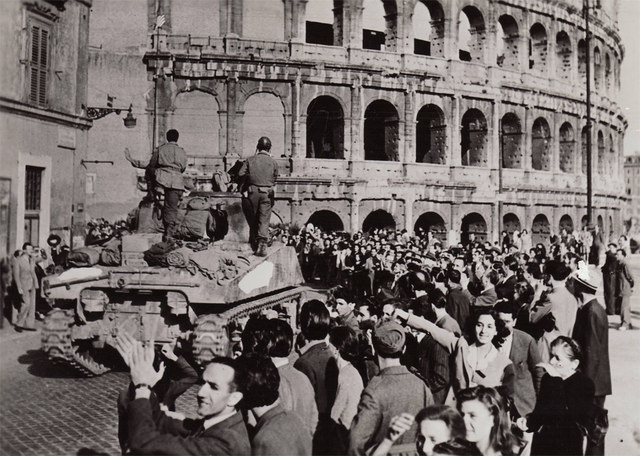
As always, my gratitude to those brave men.